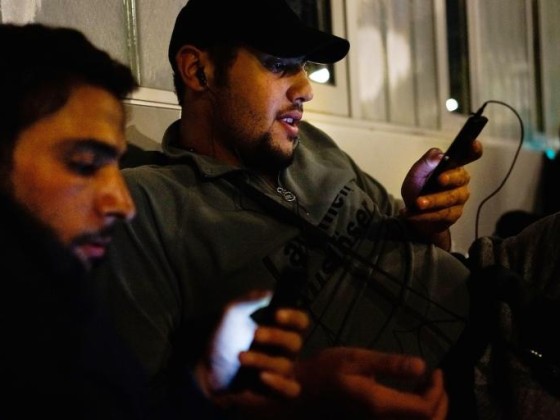When Alaa Salah lost her job as an administrative assistant with the United Nations in Syria last year, she was bereft. Without work and struggling to help her parents make ends meet amid a civil war, the future looked bleak.
Then she went online.
“I was just googling ‘How to reach Europe from Syria,’” said Salah, 26. “I found an immense amount of information about various illegal ways to get there, all published on Facebook.”
